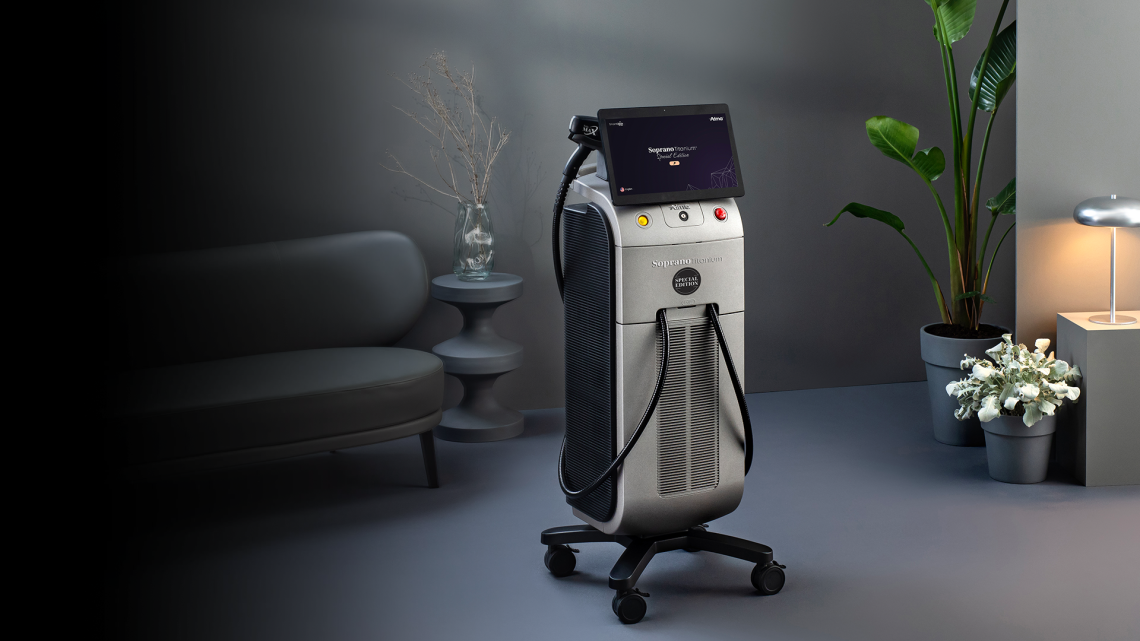In recent years, advancements in technology have transformed various industries, and one such breakthrough is the development of the titanium laser device. This highly innovative tool has garnered attention for its precision, versatility, and durability, offering exceptional performance in a wide range of applications. From the medical and manufacturing sectors to research and development Review of the Titanium Laser Device, the titanium laser device has proven itself to be a game-changer. In this article, we will explore the features, benefits, and various uses of titanium laser devices, showcasing why they are quickly becoming a preferred choice in many industries.
What is a Titanium Laser Device?
A titanium laser device is a specialized tool that utilizes titanium as a core material for the construction of its components, particularly the laser housing and focusing lenses. Titanium is known for its remarkable strength-to-weight ratio, corrosion resistance, and biocompatibility, making it an ideal choice for applications where precision, longevity, and safety are crucial.
Titanium lasers work by emitting a focused beam of light that is capable of cutting, engraving, or marking materials with exceptional accuracy. The device operates using a solid-state or fiber laser, which is then projected through the titanium components to perform various tasks with minimal heat generation and damage to the surrounding areas.
Key Features of Titanium Laser Devices
- Precision and Accuracy: One of the standout features of titanium laser devices is their ability to deliver ultra-precise results. Whether it’s engraving fine details or cutting intricate patterns, these devices can achieve micrometer-level precision, which is essential in industries like medical device manufacturing or aerospace engineering.
- Durability and Longevity: Titanium’s inherent resistance to corrosion and wear ensures that these laser devices have a long lifespan, even under extreme conditions. This makes them suitable for use in harsh environments, including high-temperature operations or humid settings.
- Lightweight and Portable: Despite their robust construction, titanium laser devices are relatively lightweight. This makes them more portable and easier to handle compared to traditional metal laser devices, which can be bulky and heavy.
- High Efficiency: Titanium lasers are designed to minimize energy consumption while maintaining high output. This efficiency is not only environmentally friendly but also cost-effective in the long run.
- Safety and Biocompatibility: In medical applications, titanium is a biocompatible material, meaning it is not harmful to the human body. This property is essential for medical devices like laser scalpels or surgical tools, which must be sterile and safe for use in sensitive procedures.
Applications of Titanium Laser Devices
- Medical Field: Titanium laser devices are extensively used in the medical sector. For example, laser scalpels made from titanium are widely employed in surgeries, offering precise cutting with minimal blood loss. The combination of titanium’s strength and the laser’s cutting precision makes it ideal for delicate operations, such as eye surgeries and dental procedures.
- Aerospace and Automotive Manufacturing: The aerospace and automotive industries require precision tools to work with materials like aluminum, steel, and composite materials. Titanium laser devices can cut and engrave these materials with accuracy, making them essential for the production of components like turbine blades, aircraft parts, and engine components.
- Jewelry and Watchmaking: The precision of titanium lasers also makes them a popular choice for engraving and customizing jewelry and luxury watches. Artists and manufacturers can use titanium lasers to create intricate designs and detailed engravings on materials such as gold, silver, and platinum.
- Research and Development: In scientific research, particularly in material science and engineering, titanium laser devices are used for experiments that require precise measurements and modifications at a microscopic level. They are essential for tasks such as laser ablation, micro-manipulation, and surface analysis.
- Industrial Manufacturing: In industries like electronics and metalworking, titanium lasers are used for cutting, engraving, and welding. Their ability to perform tasks with minimal distortion and heat affects makes them ideal for working with delicate or sensitive materials.
- Defense and Security: Titanium laser devices are also employed in the defense sector for applications such as laser-guided systems, range finding, and target designation. Their durability and ability to operate in extreme conditions make them highly suitable for military-grade operations.




